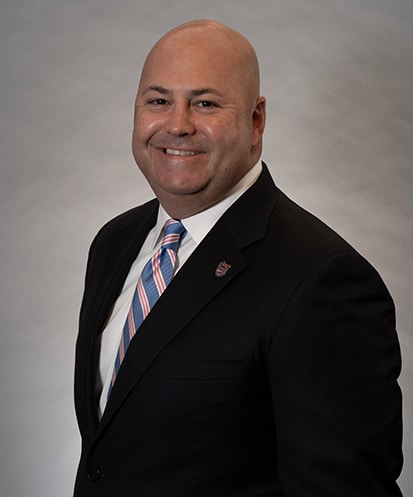The Time for Stricter Drug Regulations Has Come
 No matter how much or how little television you watch, it’s impossible to avoid viewing a commercial about a drug that has caused some type of serious disease. The latest news out of the pharmaceutical industry is the recall of ranitidine drugs, the best known of which is Zantac. The recall is just another in a long line of recalls that question whether or not generic drugs are safe for consumption as substitutes for brand name prescriptions.
No matter how much or how little television you watch, it’s impossible to avoid viewing a commercial about a drug that has caused some type of serious disease. The latest news out of the pharmaceutical industry is the recall of ranitidine drugs, the best known of which is Zantac. The recall is just another in a long line of recalls that question whether or not generic drugs are safe for consumption as substitutes for brand name prescriptions.
It is expected that pharmaceutical spending at the end of 2020 in the United States will surpass $400 billion. Generic drugs help save Americans money on their prescriptions, totaling $2 trillion in savings over the past decade. Despite accounting for 90 percent of prescriptions issued, generic drugs only account for 26 percent of the total spent on pharmaceuticals.
What is the Current Good Manufacturing Practice?
The FDA has set forth regulations known as the Current Good Manufacturing Practice (CGMP) that outline how drug manufacturing facilities and processes are to be monitored, designed, and controlled. The goal of these regulations is to reduce the number of errors, deviations, failures, or contaminations of manufactured medicines. If the CGMP was followed by pharmaceutical companies, theoretically, there should be far fewer drug recalls.
The FDA enforces the CGMP by conducting unannounced inspections of drug manufacturing facilities. The inspectors remain at the inspection site for as long as needed to complete thorough inspections. When it comes to enforcing the CGMP at foreign manufacturing facilities, the process is more expensive. This leads to the FDA scheduling inspections as a less frequent occurrence than in the United States and most generic drugs are manufactured overseas.
To make matters worse, there is lead time given to foreign inspections, which permits manufacturers the ability to remove any anomalies and inform employees that the FDA will be visiting. The most critical aspect of the CGMP is unscheduled inspections. These are nearly impossible to carry out in foreign countries.
Professor Michael White, the Head of the Department of Pharmacy Practice at the University of Connecticut, expressed his concerns with generic drugs and the CGMP in multiple entries in the Annals of Pharmacotherapy: “Generic Drugs are supposed to be identical, but they may not be as safe as you think. FDA’s lax oversight in developing countries coupled with stricter enforcement of laws for US domestic manufacturers has reduced domestic manufacturing capacity, causing troubling quality issues, and increased risk of drug shortages.”
How can the U.S. enforce stricter regulations?
Dinesh Thakur is a quality control expert and whistleblower. Thakur suggests that the only way to ensure compliance of all drug manufacturers with the CGMB is by conducting lot release or batch release testing.
Thakur has also recommended that every batch that fails one of these tests should be destroyed. Destroying the drugs that failed ensures that manufacturers do not repurpose them for other uses. Thakur believes that the high cost of the destroyed product will force manufacturers to put good practices in place so the failure rate of their drugs will decrease.
Please contact Paulson & Nace, PLLC through this contact form or by calling 202-463-1999.

Christopher T. Nace works in all practice areas of the firm, including medical malpractice, birth injury, drug and product liability, motor vehicle accidents, wrongful death, and other negligence and personal injury matters.
Read more about Christopher T. Nace.
